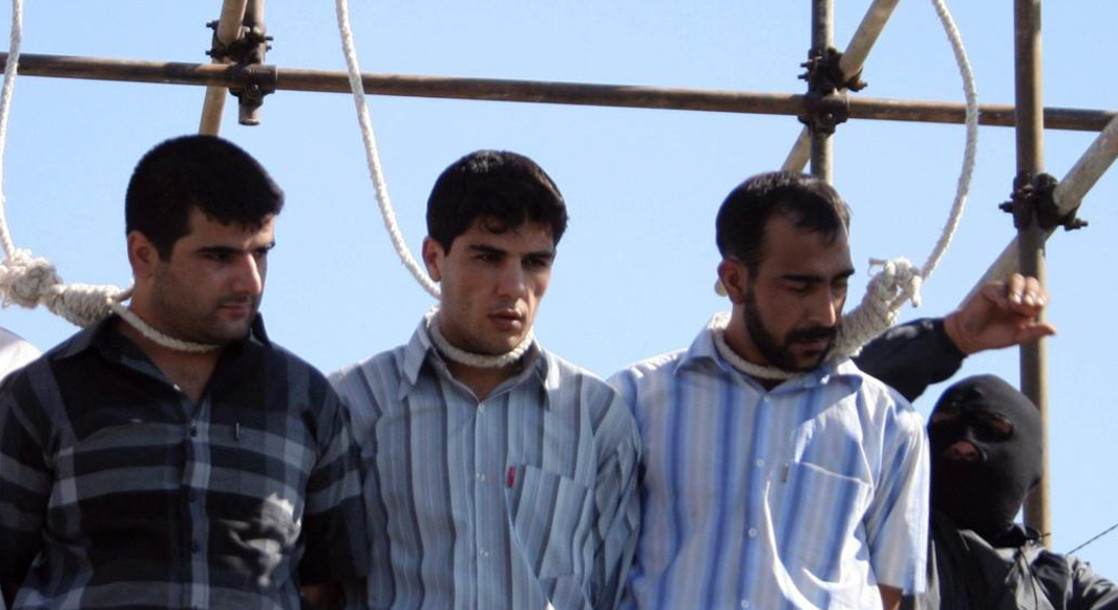Several Iranian legislators are calling for radical changes to the country's brutal drug enforcement laws, including putting an end to the death penalty as a punishment for drug-related crimes. Iran has one of the highest rates of capital punishment in the world, and the country has recently been under international pressure to cut back on these executions.
Human rights groups reported that the Iranian government executed almost 1,000 people in 2015, and 567 more in 2016. According to government officials, 70% of these executions were punishments for drug-related offenses. Anyone charged with trafficking drugs, or even possessing 30 or fewer grams of heroin or cocaine, is currently eligible for the death penalty. Critics have argued that, in addition to being brutal, that these executions have done nothing to stop drug use and trafficking.
On July 16th, the Iranian Parliament approved a proposal to amend the drug law to prohibit the death penalty for petty, nonviolent drug-related offenses. Last October, over 150 lawmakers called for executions of petty drug offenders to be abolished. In November, Hassan Nowruzi, the parliamentary judicial committee spokesman, said that 5,000 people were on death row for drug crimes at the time.
New York-based advocacy group Human Rights Watch has called for the government to halt executions while the parliament debates the proposed new law. “It makes no sense for Iran’s judiciary to execute people now under a drug law that will likely bar such executions as early as next month,” Sarah Leah Whitson, Middle East director for Human Rights Watch, said. “It would be the height of cruelty to execute someone today for a crime that would at worst get them a 30-year sentence when this law is amended.”
However, there is still a good deal of support for allowing these executions to continue. Last year, Judiciary head Ayatollah Sadegh Larijani defended the country's “tough stance” on drug crimes. “In some cases, including drug trafficking, we’re forced to act quickly, openly, and decisively,” he said. Larijani said that while there may be some cases where “alternative punishments” can replace executions, “the death penalty cannot be ruled out.”











